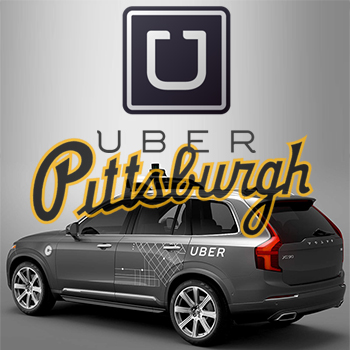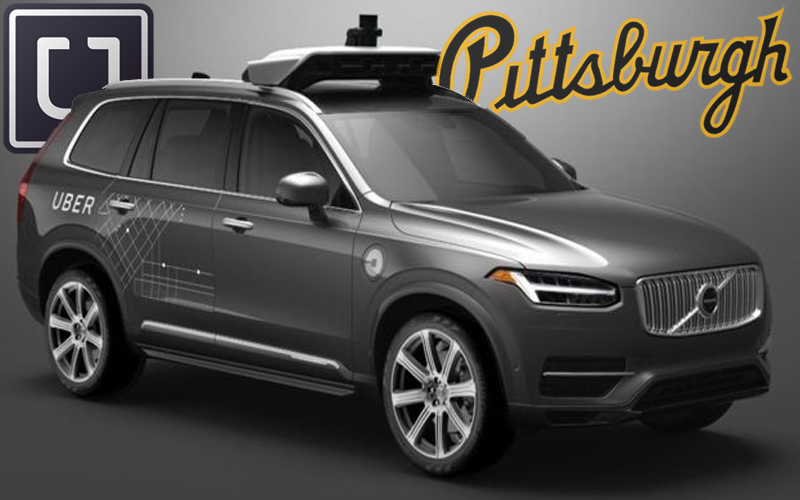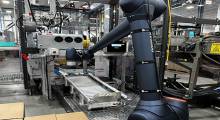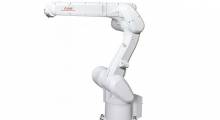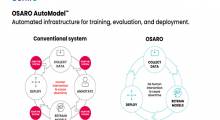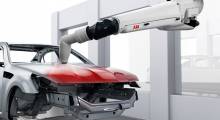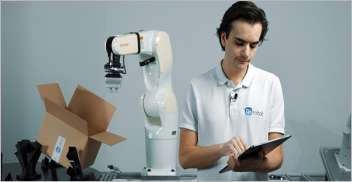As reported by Bloomberg, starting later this month, Uber will allow customers in downtown Pittsburgh to summon self-driving cars from their phones, crossing an important milestone that no automotive or technology company has yet achieved.
Google, widely regarded as the leader in the field, has been testing its fleet for several years, and Tesla Motors offers Autopilot, essentially a souped-up cruise control that drives the car on the highway.
Earlier this week, Ford announced plans for an autonomous ride-sharing service. But none of these companies has yet brought a self-driving car-sharing service to market.
Uber’s Pittsburgh fleet, which will be supervised by humans in the driver’s seat for the time being, consists of specially modified Volvo XC90 sport-utility vehicles outfitted with dozens of sensors that use cameras, lasers, radar, and GPS receivers.
Volvo Cars has so far delivered a handful of vehicles out of a total of 100 due by the end of the year. The two companies signed a pact earlier this year to spend $300 million to develop a fully autonomous car that will be ready for the road by 2021.
The Volvo deal isn’t exclusive; Uber plans to partner with other automakers as it races to recruit more engineers. In July the company reached an agreement to buy Otto, a 91-employee driverless truck startup that was founded earlier this year and includes engineers from a number of high-profile tech companies attempting to bring driverless cars to market, including Google, Apple, and Tesla.
Search SC24/7 Content For ”Autonomous Vehicles”
Uber declined to disclose the terms of the arrangement, but a person familiar with the deal says that if targets are met, it would be worth 1 percent of Uber’s most recent valuation. That would imply a price of about $680 million. Otto’s current employees will also collectively receive 20 percent of any profits Uber earns from building an autonomous trucking business.
Otto has developed a kit that allows big-rig trucks to steer themselves on highways, in theory freeing up the driver to nap in the back of the cabin. The system is being tested on highways around San Francisco. Aspects of the technology will be incorporated into Uber’s robot livery cabs and will be used to start an Uber-like service for long-haul trucking in the U.S., building on the intracity delivery services, like Uber Eats, that the company already offers.
The Otto deal is a coup for Uber in its simmering battle with Google, which has been plotting its own ride-sharing service using self-driving cars. Otto’s founders were key members of Google’s operation who decamped in January, because, according to Otto co-founder Anthony Levandowski, “We were really excited about building something that could be launched early.”
Source: Bloomberg, Uber’s First Self-Driving Fleet Arrives in Pittsburgh This Month
Related: Uber Acquires Autonomous Truck Startup Otto
Article topics
Email Sign Up

